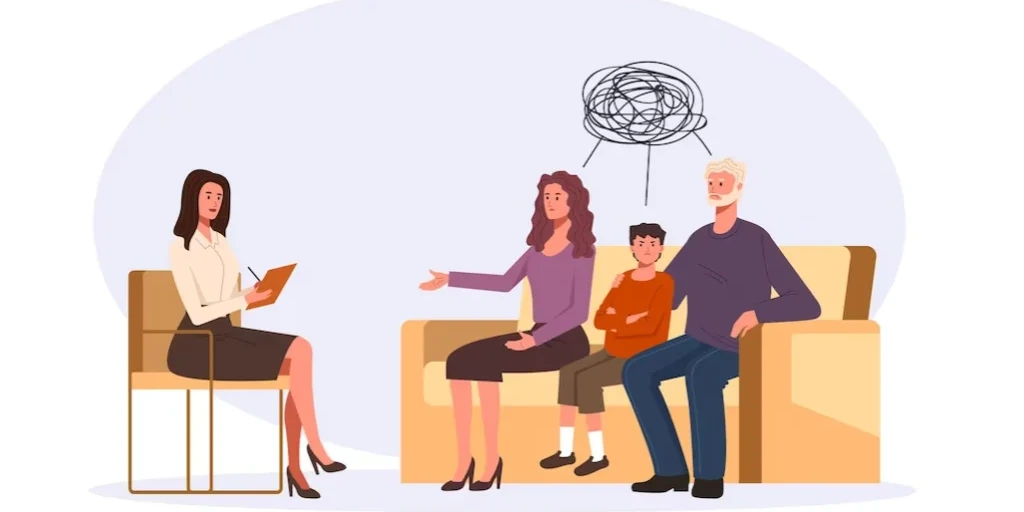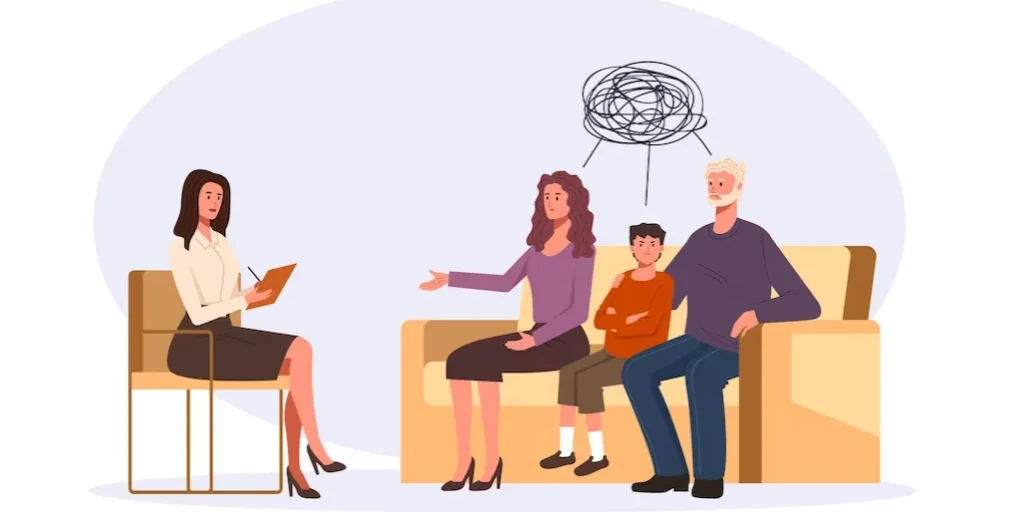24/7 Helpline:
(866) 899-111424/7 Helpline:
(866) 899-1114
Learn more about Cocaine Rehab centers in Allen County

Other Insurance Options

Magellan

PHCS Network

Choice Care Network

MHNNet Behavioral Health

Self-pay options

MVP Healthcare

ComPsych

WellPoint

Meritain

UnitedHealth Group

Optum

Magellan Health

Health Choice

Amerigroup

State Farm

Health Net

CareSource

Anthem

Sutter

Oxford

Time Out Community Counseling and Correctional Services
Time Out Community Counseling and Correctional Services offers outpatient treatment for individuals ...

LifeSkills Service Center – Allen County
LifeSkills Service Center – Allen County is a private rehab located in Scottsville, Kentucky. LifeSk...

More to Life Counseling
More to Life Counseling offers faith-based and evidence-based counseling services for individuals, f...
































































